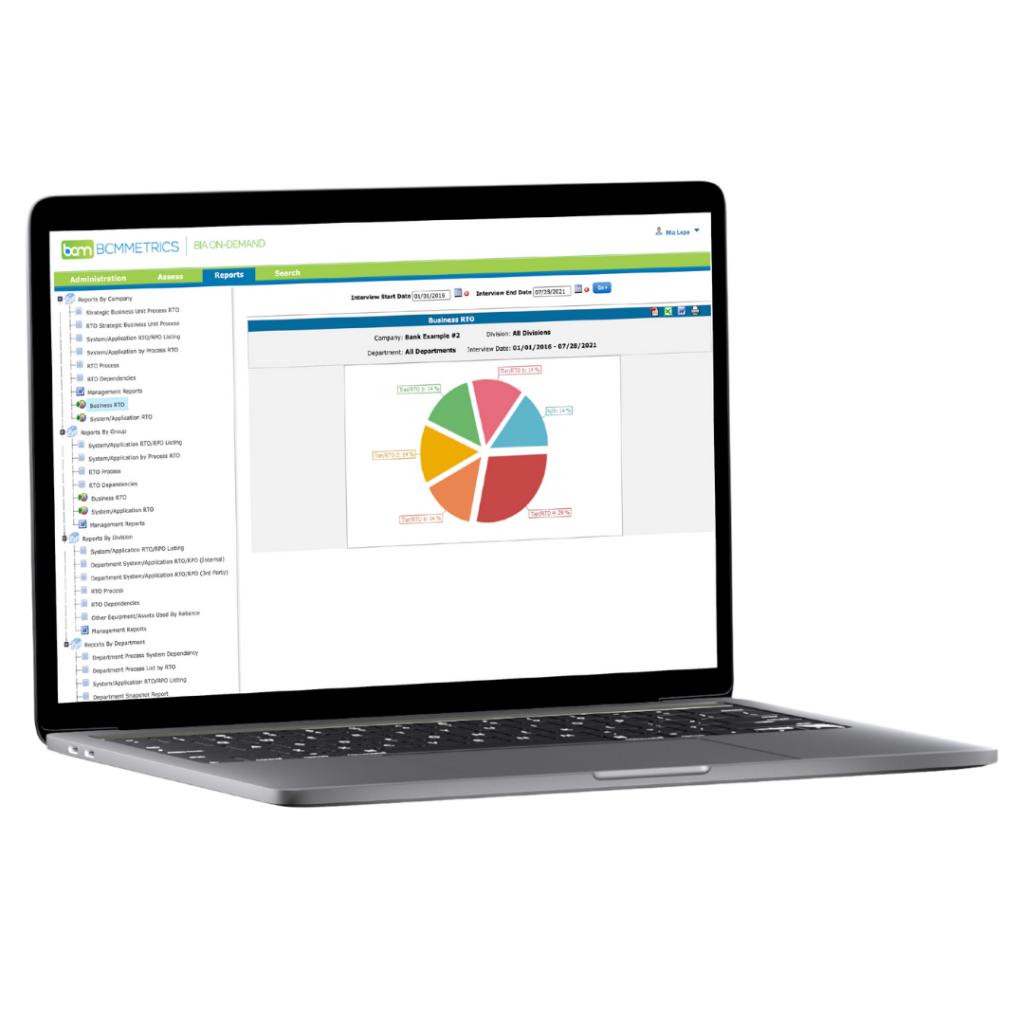You Better Shop Around: How to Obtain Relevant Crisis Management Training

Are you interested in getting training for you and your staff to improve your skills in crisis management? It’s a great idea provided the training you get is a good match for your organization’s needs, size, and industry.
In today’s post, we’ll talk about what you should look for when shopping for crisis management training.
Related on MHA Consulting: What to Include in Your Crisis Management Plan
It’s hard to overstate the importance of having a good crisis management program. If your organization lacks one, then you are likely in for a rough ride if and when an emergency strikes.
MAKING A BAD SITUATION WORSE
When unprepared organizations are hit with a crisis, the results can be chaotic. The people thrown together to manage the emergency can do things that make the situation worse while failing to do things that would contain the damage. At best, it will be less efficient with errors that could have been prevented.
The fallout can include damage to the organization’s reputation, delays in recovery, lost revenue both immediate and future, heightened damage to property, and even the collapse of the organization and increased risk of injury or death.
You’re wise to be interested in obtaining crisis management training for yourself and/or your team.
However, figuring out where and how to obtain crisis management training that is relevant to your organization can be difficult.
THINGS TO KNOW WHEN SHOPPING FOR CRISIS TRAINING
Here are some things to keep in mind as you shop around for crisis management training:
- Crisis management training is an area where one size does not fit all.
- Look for training that is suitable for your organization’s size and industry.
- Most crisis management training is based on the Incident Command System (ICS), a widely used approach for responding to emergencies. (For more information, see my post “Command Performance: Using the Incident Command System.”)
- Different organizations should adopt different amounts of ICS structure, depending on their size and complexity.
- The training you get should go only as deeply into ICS as makes sense for your organization.
- There is a special version of ICS for healthcare organizations called the Hospital Incident Command System, or HICS.
- Big, complex corporations and larger municipalities have big crisis management challenges and their crisis leaders can benefit from extensive training (such as a weeklong course).
- Small and midsize companies (say those of 50 employees or fewer) can often get away with bringing in a consultant for a few hours of targeted training.
- Public sector organizations, service industries, manufacturing companies, healthcare organizations, and companies in highly regulated industries all have unique needs in terms of their crisis management programs. Make sure any training you obtain is relevant to your field.
- Make sure any training you choose addresses the core aspects of a crisis management program. These include: the crisis team, the CM plan and document, the command center, a plan for dealing with the loss of human resources (as in a pandemic), mock emergency exercises, training and awareness, and program maintenance.
- You can obtain lots of information about crisis management for free at agencies like FEMA, DHS, and OSHA (or their non-U.S. equivalents) and industry organizations such as DRJ and DRI. However, actual training is likely to cost something.
On this last point (regarding do-it-yourself CM training), I encourage people to educate themselves, but be careful about things you read on the internet.
Sometimes when I talk to people about things they read online, it reminds me of something that happened when I was in sixth grade. I was having a conversation with some other kids that we all thought was very deep, but there was a teacher nearby who could hear us and after a while she started smiling and shaking her head. “It’s fascinating to listen to people pool their ignorance in a discussion,” she said.
A little training or consultation can work wonders in terms of keeping you and your team from pooling your ignorance.
Does MHA Consulting offer crisis management training and consultation? We do, and we’d be glad to talk to you if you’re interested in getting some support in this critical area.
FURTHER READING
For more information on crisis management training and other hot topics in business continuity and IT/disaster recovery, check out the following recent posts from MHA Consulting and BCMMETRICS:
- What to Include in Your Crisis Management Plan
- Crisis Response in Today’s Breakneck World
- In Time of Crisis: What to Do in the First 24 Hours
- 7 Tips to Help You Protect Your Brand in a Crisis
- Hitting the Ceiling: In A Crisis, You’re Only as Good as Your Crisis Management Training
- Command Performance: Using the Incident Command System









